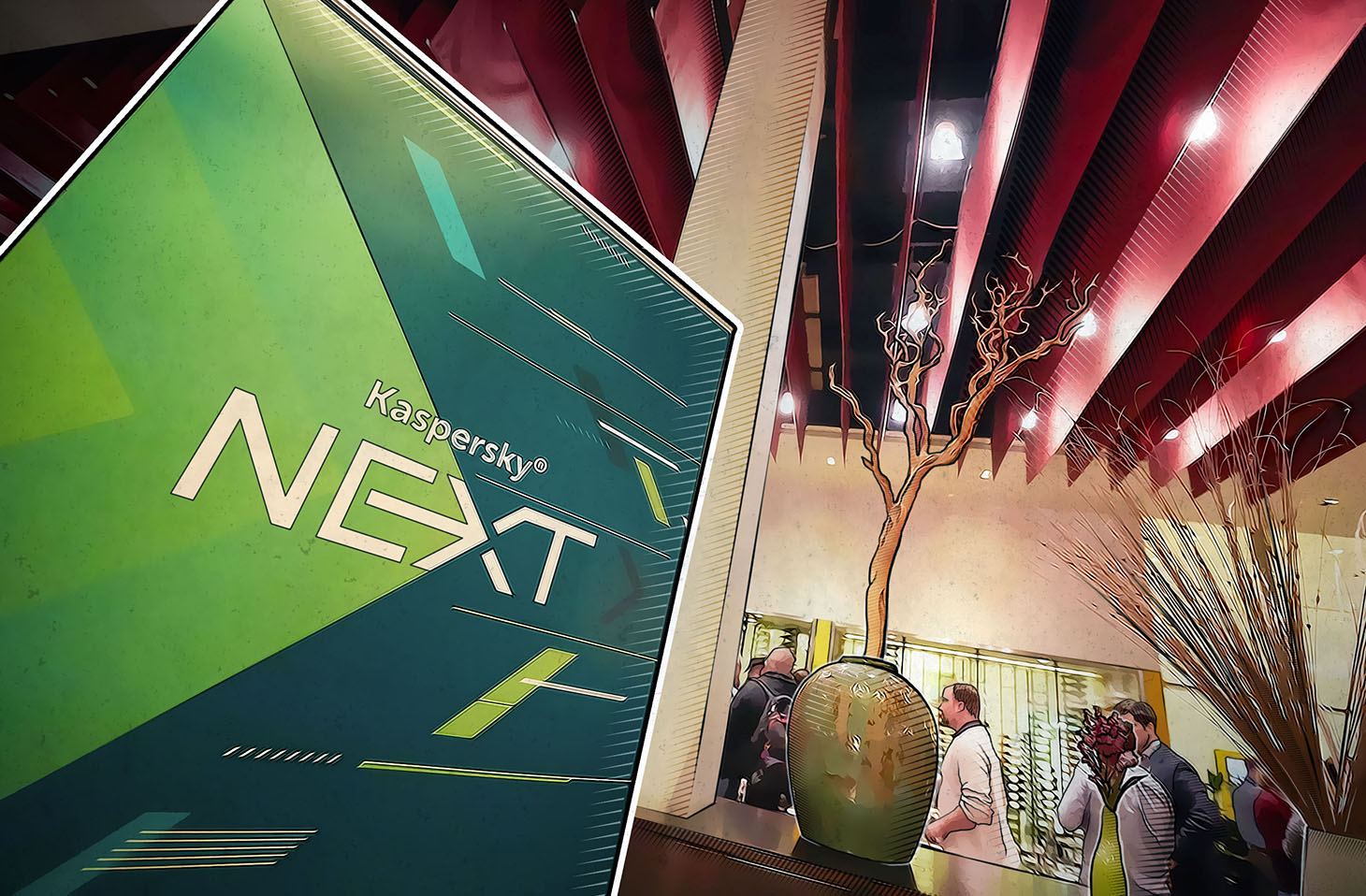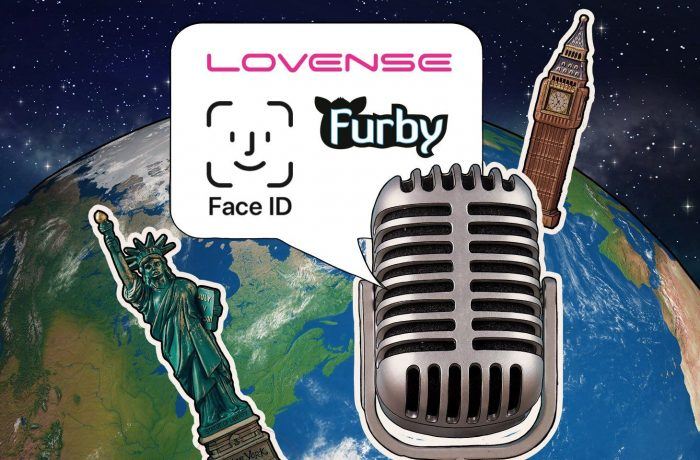Kaspersky Cybersecurity Summit 2017 just wrapped up, so now is a good time to look back and reflect on the issues and causes raised during the show. The event was labelled “Next,” as in, “What’s next for cybersecurity and technology?” The daylong event packed in everything from medical-equipment hacking and quantum computing to the space race.
Here are five things I learned at the summit in Dublin.
1. Blockchain is about more than just bitcoin
A panel of experts from a range of fields spoke in detail about how the blockchain could be utilized for everything from helping farmers and growers better understand the food chain to decentralizing online voting to make it resistant to hacking or manipulation. Indeed, Genevieve Leveille, founder of AgriLedger, believes blockchain, being totally decentralized, can bring about a fundamental shift in democracy. The discussion also briefly touched on Kaspersky Lab’s latest announcement about the Polys voting system which is based around blockchain technology.
https://www.instagram.com/p/BbbmBTpDyGn/?hl=en&taken-by=kasperskylab
2. Hackers aren’t a recent phenomenon
I usually think of the term hacker as referring to the twenty-first century — organized criminals or lone vigilantes attacking users and businesses — but hacking actually goes way back to the early 1970s. One famous example used the 2600 Hz frequency on telephone lines to let users make free long-distance telephone calls.
https://www.instagram.com/p/Bbbq3twjcLe/?hl=en&taken-by=kaspersky_uk
As well as that, David Jacoby, a researcher for the GReAT team here at Kaspersky Lab, said that most of the problems we suffer from today from a cybersecurity perspective stem from the early 1980s. Password practices are a good example — we still suffer from problems of poor passwords, and criminals use that knowledge to break into networks.
3. Going to Mars will be easier than coming back
Chiara Cocchiara from EUMETSAT gave a detailed talk on how reaching Mars would be a huge feat of engineering — but coming back would be even more difficult. Despite the risk of it being a one-way ticket, she says thousands of people continue to apply to take part in simulations.
Next up for the #KLNext event – preparing for our future beyond earth. #mars #space pic.twitter.com/u0gfQRQnW6
— Kaspersky (@kaspersky) November 13, 2017
4. Space has been hacked (sort of)
While on the subject of outer space, Cocchiara also made a point of noting that the spaceships of tomorrow will most likely be connected to the Internet by satellites (indeed, NASA recently extended the World Wide Web to outer space). The problem is that those connections could give hackers a way in. Indeed, she stressed that satellites had already been hacked by the Turla group (which Kaspersky Lab originally identified back in 2014.)
5. The quantum computing race is officially on
Potentially of real concern was the presentation around quantum computing. In essence, a quantum computer, if scaled up enough, would be capable of breaking traditional SSL encryption in a matter of seconds.
Three major players are in this race: American businesses like Google and Microsoft; the European Union, which has committed to spending 1 billion Euros to further the cause of developing a working quantum computer; and the Chinese government.
The players are at different stages, with the Chinese arguably at the forefront of the technology.
https://www.instagram.com/p/BbcK23Njo5V/?hl=en&taken-by=kaspersky_uk
Jaya Baloo, who presented on quantum computing, talked about the importance of coming to grips with the technology as fast as possible, because the group that wins the race isn’t going to tell the others.
In closing, Adam Maskatiya, general manager of Kaspersky Lab UK & Ireland, said: “It’s been amazing to see the range and breadth of research currently being conducted in the interest of our future. While the possibilities offered by blockchain, quantum computing, connected health, and space travel are exciting, Kaspersky Next also educated us about the very real risks our increasingly connected world pose, as cybercriminals continue to exploit the technology used by both businesses and consumers. It’s imperative we continue to collaborate to understand the next generation of threats and fight to protect industry and consumers from them.”
It’s exciting to look ahead at what the future may (or may not) hold, but we also need to stay focused on fighting cybercrime in the here and now.
 Kaspersky Lab
Kaspersky Lab
